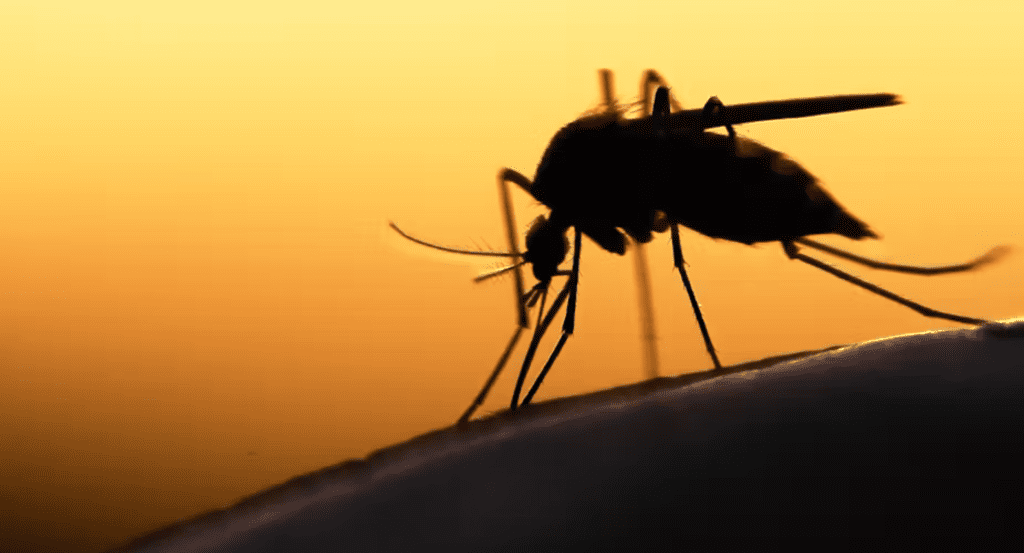Kenya is grappling with a triple health emergency as increased cases of measles and malaria are reported alongside the ongoing impacts of climate change. The outbreaks, particularly in northern and western regions, have raised public health concerns, with officials implementing measures to mitigate further spread and fatalities.
The Ministry of Health confirmed an escalation in measles cases in counties such as Garissa, Mandera, and Wajir. Health authorities attribute the outbreaks to gaps in immunization coverage, which have left vulnerable populations, including children, at risk. Measles, a highly contagious viral infection, can lead to severe complications such as pneumonia and encephalitis if left untreated.
In addition to the measles outbreak, malaria deaths have surged, especially in western Kenya. According to a report by the Ministry of Health, this region accounts for over 70% of the country’s malaria fatalities. The disease, transmitted by Anopheles mosquitoes, is exacerbated by increased rainfall and flooding linked to climate change. These conditions create ideal breeding grounds for mosquitoes, amplifying transmission rates.
The effects of climate change, including prolonged droughts and flooding, are intensifying health crises across the country. Communities already struggling with water scarcity and malnutrition are facing heightened vulnerability to infectious diseases. Experts have urged the government to strengthen health systems and invest in sustainable solutions to address the underlying climate-related drivers of these emergencies.
Dr. Patrick Amoth, the Acting Director-General for Health, noted that Kenya has rolled out vaccination campaigns to curb the measles outbreak. These efforts are complemented by the distribution of insecticide-treated mosquito nets and indoor residual spraying to combat malaria. The Ministry of Health also emphasized the importance of community education on disease prevention and the need for timely medical intervention.
International organizations and development partners are stepping in to provide support. For instance, UNICEF has supplied vaccines, while the World Health Organization is assisting with disease surveillance and outbreak response.
Despite these efforts, healthcare workers have raised concerns about resource limitations and logistical challenges, particularly in remote areas. Health advocates are calling for increased funding, improved access to medical supplies, and long-term climate resilience strategies to prevent future outbreaks.
As Kenya navigates these overlapping crises, experts warn that coordinated action and sustained investment in public health infrastructure are crucial to mitigate the impacts and protect vulnerable populations.























